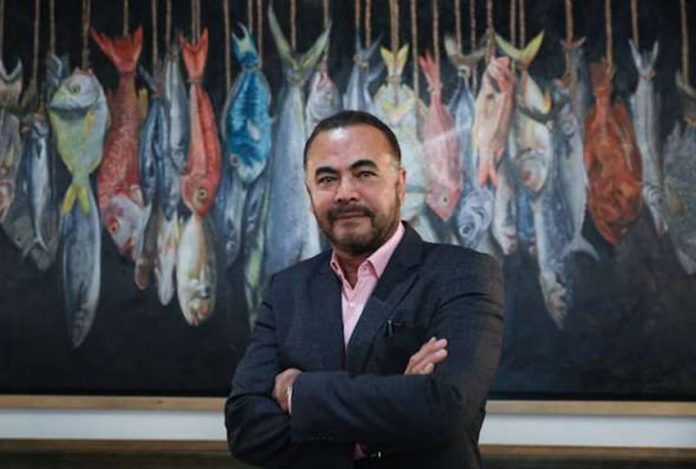As many as 820,000 jobs could be lost if a fishing ban goes into force in the Gulf of California to protect the critically endangered vaquita marina porpoise, the president of a fishing group warned this week.
Humberto Becerra Batista, head of the National Fishing Industry Chamber (Canainpesca), told the newspaper El Universal that the 820,000-figure relates to direct and indirect jobs supported by the fishing industry in the upper Gulf of California.
His ominous prediction comes in response to an initiative that environmental and civil society organizations have presented to authorities that advocates for a total ban on fishing in the Gulf of California and for the area to be protected as a natural reserve.
A permanent ban on gillnet fishing went into effect on June 30 last year as a measure to protect the species, of which only an estimated 30 remain, because they often become entangled in the tightly-woven nets and die.
Closed seasons for certain species have also been implemented and small vessels are banned between 9:00pm and 5:00am.
But if a total fishing ban were enforced, annual economic losses of up to 24 billion pesos (US $1.2 billion) would follow, Becerra warned.
He also defended the legal fishing industry, claiming it isn’t to blame for the dwindling number of the endemic porpoises, charging instead that groups of people who illegally traffic totoaba are responsible.
Gillnets are used to catch the fish, whose swim bladders are considered a delicacy in China and fetch high prices on the black market.
“. . . There are no resources to combat illegal fishing and Semarnat [the Secretariat of the Environment] doesn’t have the capacity to patrol the protected areas. They blame us for the extinction of the vaquita marina, but they’re putting the country’s food security at risk,” Becerra said.
The Gulf of California yields 900,000 tonnes of seafood annually, representing 60% of national production.
Between 2015 and 2017, the federal government invested more than 2 billion pesos (US $100 million at today’s exchange rate) to implement programs and measures aimed at conserving vaquita numbers but illegal fishing has continued.
Semarnat and the federal Agriculture Secretariat (Sagarpa) also bolstered the strategy to protect the porpoise in February by increasing patrols aimed at stamping out illegal fishing and the use of gillnets, while additional funds were also provided to fishermen to develop less harmful nets.
Nevertheless, four vaquitas have been found dead this year and they showed signs of having been caught up in prohibited nets.
A director of the conservation organization Defenders of Wildlife charged that federal authorities such as the National Aquaculture and Fisheries Commission (Conapesca) haven’t done enough to save the vaquita marina.
“Authorities have been incapable of stopping illegal fishing in the upper Gulf of California [and] . . . Conapesca hasn’t promoted new, less harmful [fishing] methods,” Juan Carlos Cantú said.
Source: El Universal (sp), El Economista (sp)
